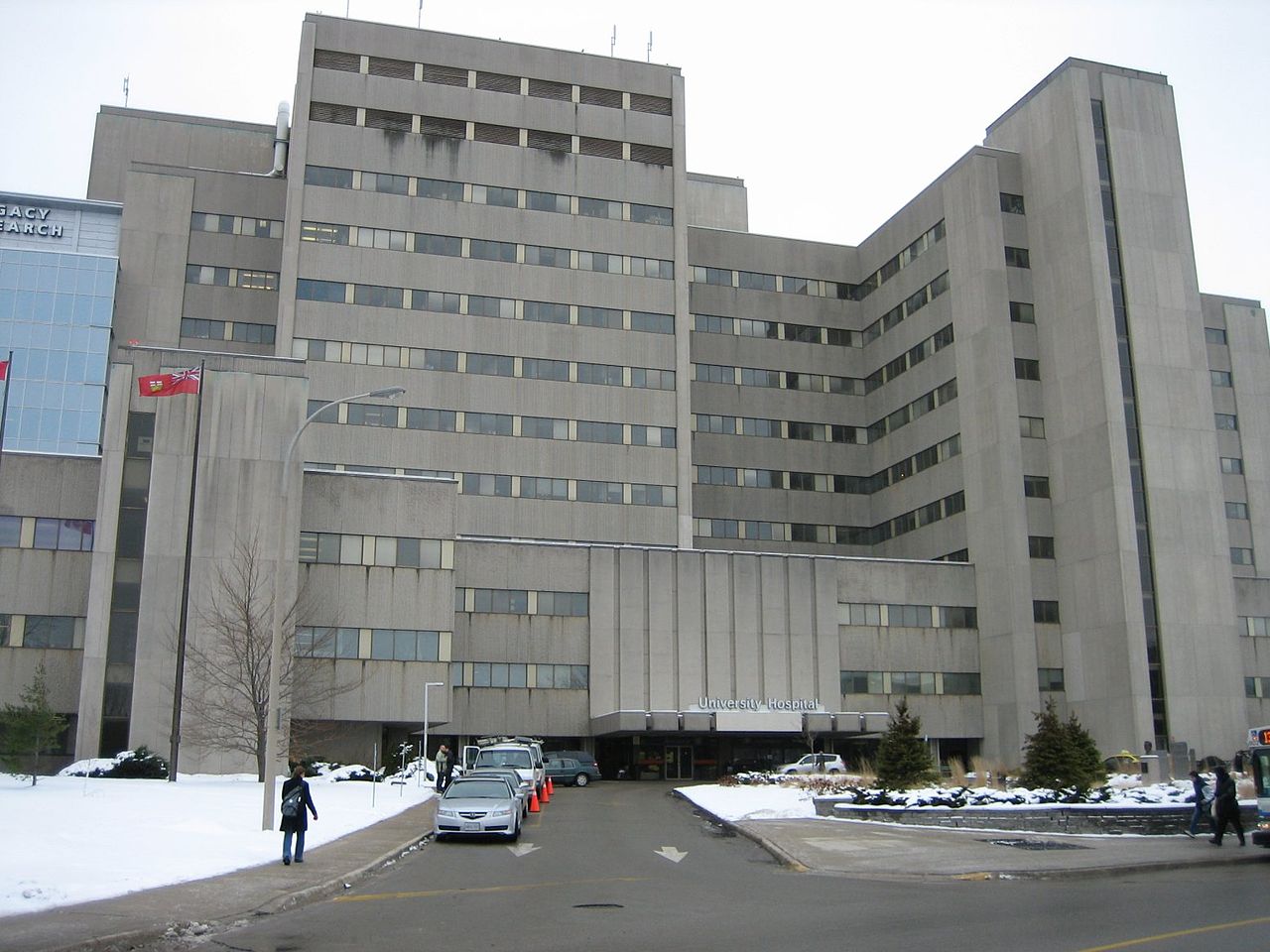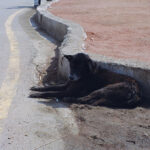St. Joseph’s Hospital Ends Use of Dogs in Heart Research After Public Outcry
London, Ontario — St. Joseph’s Health Care London has announced it will immediately cease all research involving dogs, following revelations of long‑running, secretive cardiac experiments that sparked widespread condemnation from the public, animal welfare advocates, and political leaders.
The decision came just days after an investigation by the Investigative Journalism Bureau (IJB), in partnership with Postmedia, exposed that for years, researchers at the hospital’s Lawson Research Institute had been inducing prolonged heart attacks in dogs — sometimes lasting up to three hours — before euthanizing them for further study. According to internal documents and whistleblower testimony, the animals were brought into the facility covertly, with windows covered and loud music played to mask barking.
Whistleblower Accounts of Suffering
Two former insiders described harrowing scenes inside the lab: dogs whimpering constantly, engaging in stress‑induced repetitive behaviours, and in some cases injuring themselves by picking at surgical wounds. Some animals reportedly ran in circles through their own waste, while others displayed signs of extreme psychological distress. After the experiments, the dogs were killed, their bodies stored in a freezer until disposal.
The whistleblowers also alleged that pigs and rodents were subjected to similarly invasive procedures, including multiple large incisions, and were kept in isolation before being euthanized.
Hospital and Government Response
In a statement, St. Joseph’s acknowledged the decision would have “a significant impact on the ground‑breaking research” but said it followed consultations with the Ontario government. The hospital maintained that all research had complied with Canadian Council on Animal Care standards and had been subject to third‑party oversight.
Ontario Premier Doug Ford publicly condemned the experiments as “inhumane” and vowed to ensure such practices are outlawed in the province. “It can’t happen here in Ontario and it won’t happen,” he said, adding that any other institutions conducting similar research would be ordered to stop immediately.
Advocacy Groups Call for Broader Change
Animal Justice, a national animal law organization, hailed the move as a “major victory” for the surviving dogs and called on the hospital to rehome them rather than keep them confined. The group also urged an end to all animal experimentation at St. Joseph’s, noting that pigs and rodents remain in the facility’s labs.
Dr. Charu Chandrasekera, founder of the Canadian Centre for Alternatives to Animal Methods, argued that modern, non‑animal technologies — such as advanced cardiac MRI and PET imaging — can now track heart injury, inflammation, and healing in real time in human patients, rendering such animal experiments obsolete.
A Turning Point in Medical Research Ethics
The revelations have intensified debate over the ethics and necessity of animal testing in Canada. While St. Joseph’s decision marks a significant shift, advocates stress that tens of thousands of dogs are still used annually in experiments at other public institutions nationwide.
For many, the case underscores a growing demand for transparency, humane science, and the adoption of innovative research methods that do not involve animal suffering. Whether this moment becomes a catalyst for broader reform across Canada’s research landscape remains to be seen — but for the dogs once hidden behind closed doors at St. Joseph’s, it marks the end of an era.
See also this article.







